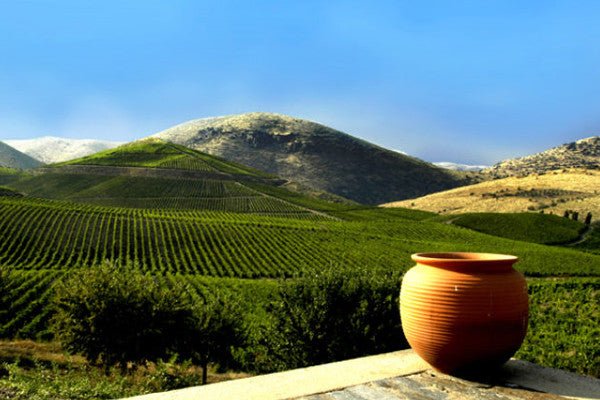The wine region of Dão is one of the oldest and most prestigious regions in Portugal. Located in the central part of the country, mainly encompassing the districts of Viseu and Guarda, Dão is known for the production of full-bodied and elegant red wines, as well as some high-quality white wines.
The flagship grape variety of the Dão region is Touriga Nacional, a red grape that produces concentrated, aromatic, and long-lasting wines. Other traditional red grape varieties include Tinta Roriz (also known as Tempranillo), Jaen (also called Mencia), Alfrocheiro Preto, and Baga. For white wines, notable grape varieties include Encruzado, Malvasia Fina, Bical, and Cercial.
The Dão region has a long tradition of producing quality wines. However, it was only in the 1990s that the region underwent significant revitalization, with winemakers and producers adopting modern winemaking techniques and investing in vineyard improvements. This has resulted in increasingly refined wines that are internationally recognized.
Dão wines are known for their balanced structure, vibrant acidity, and notes of ripe red fruits, spices, and mineral undertones. They tend to have good aging potential, developing complexity and smoothness over the years.
The wine region of Dão is also known for its stunning landscape, with vineyards arranged in terraces, surrounded by mountains and forests. This natural beauty, combined with the quality of the wines, makes Dão an interesting destination for wine tourism, offering visitors the opportunity to explore wineries, taste local wines, and enjoy the culture and gastronomy of the region.
In summary, the wine region of Dão is an area of great tradition and quality in wine production in Portugal.




